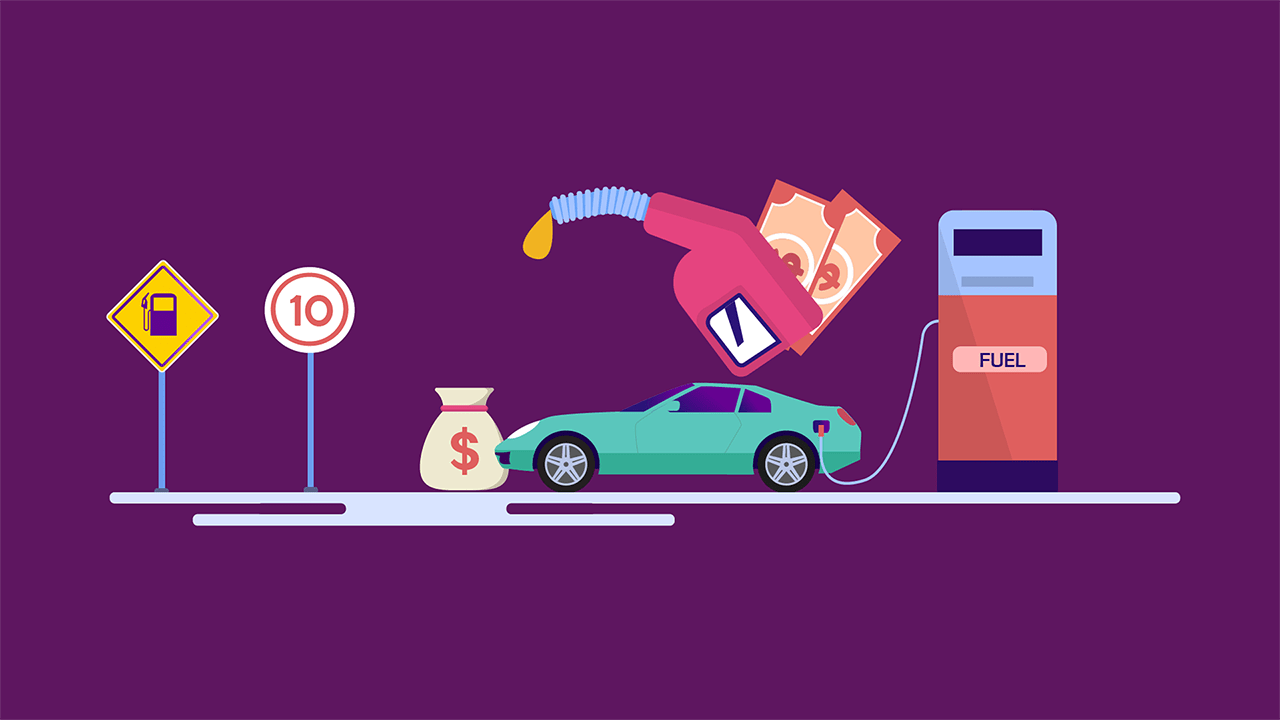Avoid Auto Mechanics Scams: Tips to Find Honest Car Mechanic
By Umm e Hani on Apr 29, 2024
Content
- Who is a Car Mechanic?
- Common Auto Mechanic Scams
- 9 Tips for Finding an Honest Car Mechanic
- Prioritize Communication and Accessibility
- Seek Transparency and Straightforward Explanations
- Observe the Workshop Environment and Practices
- Inquire about Warranties and Guarantees
- Check for Online Presence and Professional Affiliations
- Consider Specialization and Experience
- Encourage Detailed Invoices and Records
- Beware of Excessively Low Prices or Guarantees
- Trust Your Instincts and Seek Alternatives if Needed
- That’s A Wrap!
- FAQ
In today’s fast-paced world, maintaining your vehicle is important. It is important for commuting, running errands, and enjoying road trips. Having an honest mechanic is an important part of adulthood. They keep your car in first-class condition. And, by default, help keep you and others secure on the roads. In this blog post, we have compiled top 9 mechanic tips to find a reliable car mechanic and avoid scam.
Who is a Car Mechanic?
Car mechanics are also known as auto mechanics. They are skilled professionals who diagnose, repair, and maintain vehicles. They have a deep understanding of automotive systems. This includes engines, transmissions, brakes, and electrical components. Their expertise ensures that your vehicle operates safely and efficiently.
Common Auto Mechanic Scams
Unfortunately, not all mechanics who come to you have your best interests at heart. Some may engage in unethical practices to exploit unsuspecting customers. Here are some common mechanic auto repair scams to be aware of:
Unnecessary Repairs
Unscrupulous mechanics may recommend unnecessary repairs to inflate your bill. They may exaggerate the severity of a problem or even create problems that don't exist.
Overcharging for Parts
Dishonest mechanics may charge you for new parts when they install used or refurbished ones. They may also inflate the cost of parts, charging you more than the actual market value.
Failing to Repair What They Promised
Some mechanics may promise to fix a specific issue. But they fail to do so adequately. They may perform incomplete repairs, use substandard parts, or simply ignore the problem altogether.
Pressure Tactics
Some mechanics may employ pressure tactics to rush you into making decisions. Or scare you into unnecessary repairs. Don't feel pressured to agree to something you're not comfortable with.
9 Tips for Finding an Honest Car Mechanic
1. Prioritize Communication and Accessibility
A dependable mechanic should be easy to contact and responsive to your inquiries. Choose a mechanic who promptly responds to phone calls, emails, and text messages. They should be available to:
- answer your questions
- Address your concerns
- Provide progress updates throughout the repair process
- Clear and consistent communication is crucial for building trust and ensuring a smooth experience.
2. Seek Transparency and Straightforward Explanations
Trustworthy mechanics prioritize transparency. They are willing to explain complex technical issues in a clear and understandable manner. Ask for detailed explanations of diagnoses, repair procedures, and the costs involved. A good mechanic should be able to simplify technical jargon and address your concerns without hesitation.
3. Observe the Workshop Environment and Practices
Pay attention to the overall appearance and organization of the mechanic's workshop. A clean, well-equipped, and organized workspace reflects professionalism and attention to detail. Observe the mechanic's interactions with customers and their overall demeanor. A courteous and respectful attitude is indicative of a trustworthy mechanic.
4. Inquire about Warranties and Guarantees
Reputable mechanics stand behind their work and offer warranties on their services. Ask about the warranty coverage for parts and labor, including the duration and terms of the warranty. A comprehensive warranty provides peace of mind and protects you against potential issues.
5. Check for Online Presence and Professional Affiliations
Verify the mechanic's legitimacy and professionalism by checking their online presence. Look for a website with clear information about their services, credentials, and contact details. Check if they are affiliated with reputable industry organizations like ASA or ASE.
6. Consider Specialization and Experience
Choose a mechanic who specializes in the type of vehicle you own. And has extensive experience with similar repairs. A mechanic who is an expert in your vehicle's make and model will benefit you. Because he will be more familiar with its unique characteristics and potential issues. This can lead to more accurate diagnoses, efficient repairs, and better overall outcomes.
7. Encourage Detailed Invoices and Records
Request detailed invoices that clearly itemize the parts used, labor charges, and any additional fees. Keep these records for future reference and in case of any disputes or warranty claims. A transparent and organized approach to billing reflects a trustworthy mechanic.
8. Beware of Excessively Low Prices or Guarantees
Be cautious of mechanics who offer exceptionally low prices or unrealistic guarantees. Such offers may indicate the use of substandard parts, questionable practices, or a lack of experience. An honest mechanic will provide fair and transparent pricing. It will reflect the quality of their work and the value of their services.
9. Trust Your Instincts and Seek Alternatives if Needed
Throughout the process, pay attention to your instincts and overall comfort level with the mechanic. If something feels off, like a lack of transparency, unclear explanations, don't hesitate to walk away. And try to seek alternatives. Trust your judgment and choose a mechanic who instills confidence and trust.
That’s A Wrap!
Finding an honest auto mechanic can be a challenge. But it's crucial for maintaining your vehicle and your peace of mind. By following these tips, you can increase your chances of finding a reliable mechanic. You can also avoid falling victim to auto mechanics scams. Remember, your car is a significant investment. And it deserves to be treated with care by a skilled and ethical professional.
FAQ
Do Mechanics Make Good Money?
Yes, mechanics can make good money. The median annual salary for automotive mechanics was $49,440 in May. The top 10% of earners made more than $98,500. Mechanics with experience and specialized skills can earn even more.
Do Mechanics Do Payment Plans?
Some mechanics do offer payment plans to help customers afford repairs. However, not all mechanics offer this option. It is best to ask the mechanic directly if they offer payment plans. If they do, they will typically require a down payment and will charge interest on the remaining balance.
How To Be A Mechanic For Cars?
There are a few different ways to become a car mechanic. One option is to complete a vocational training program at a community college or technical school. These programs typically take two years to complete and provide students with hands-on training.
What Are Some Red Flags Of A Dishonest Car Mechanic?
High-pressure sales tactics, unnecessary repairs, and overcharging for parts are some of the red flags of a dishonest car mechanic.
How Can I Avoid Getting Scammed By A Car Mechanic?
- Get a second opinion.
- Observe the workshop.
- Beware of too-good-to-be-true deals.
- Don't let the mechanic take your car for a test drive without you.
What Should I Do If I Think I've Been Scammed By A Car Mechanic?
Keep all of your records. Report the scam to the Better Business Bureau or your state's attorney general's office.


